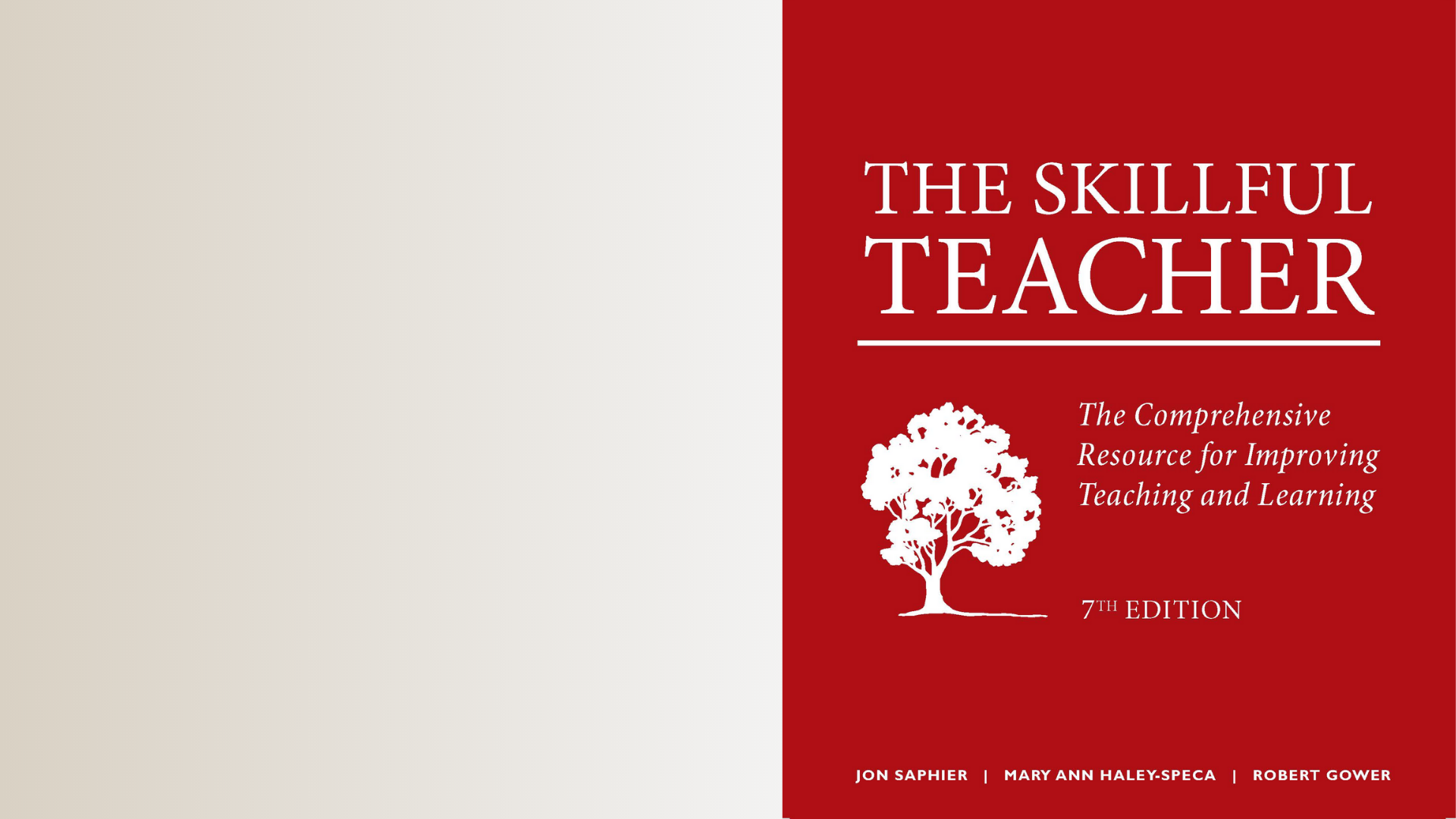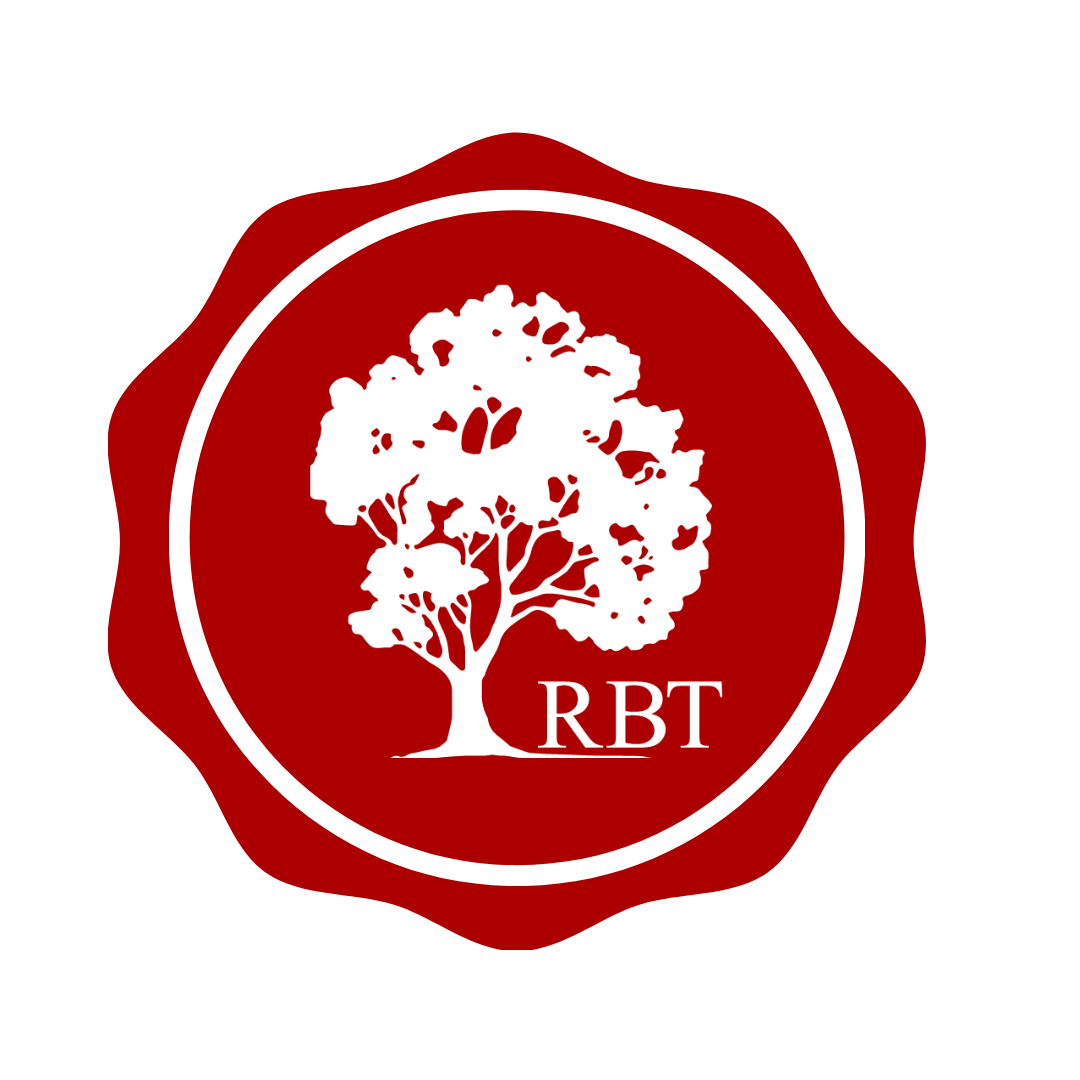
Downloads
Articles and resources to support teaching and leading skills.
Check out the resources today.

The Skillful Teacher (7th ed.) Resource Materials
Links to resources referenced in The Skillful Teacher, 7th Ed.

RBT Blog
Jon Saphier and others share their thoughts.
RBT delves into topics and stories that affect teachers, instructors, administrators, schools and society.

Real teaching, real students
RBT Video Library
See Skillful Teaching in action

Credit and Certification
Find out more about getting college credits, hours, and PDPs for RBT courses.

RBT's Learning Management System
Canvas
Canvas serves as a resource bank, communication method, and assignment submission and editing vehicle for RBT courses.